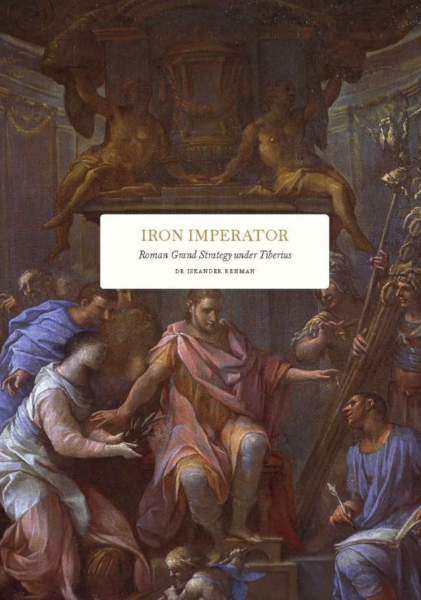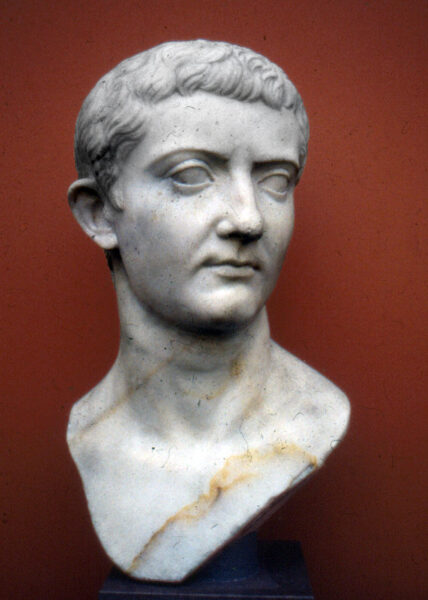In The Critic, Jaspreet Singh Boparai reviews Iron Imperator: Roman Grand Strategy Under Tiberius by Iskander Rehman:
Tiberius was 55 years old when he became the second Roman emperor. He ruled from AD 14 to 37, spending most of the second half of his reign on the island of Capri, where he never lost his grip on power despite being over 130 miles from Rome.
Like most bureaucratic administrators, he was far from popular. Tacitus (AD 56–120), the greatest of all Roman historians, presents Tiberius as paranoid, ruthlessly cruel, and pathologically unable to say what he meant. The imperial biographer Suetonius (69–122) completes the Tacitean picture of a dour, charmless pervert, miserable even in his increasingly sordid pleasures.
Not all writers are quite so hostile to Tiberius: since the Enlightenment he has won qualified praise from thinkers including Montesquieu and Voltaire, who have often been willing to overlook at least some of his vices. The great Russian poet Alexander Pushkin wrote in 1825: “The more I read Tacitus, the more I come to like Tiberius. He was one of the greatest administrative minds of antiquity.”
Of course, Pushkin could take revisionism to contrarian extremes, as when he said of a notorious assassination: “If murder can be guiltless in an autocratic state when it is for reasons of political necessity, then Tiberius was justified”.
Iskander Rehman doesn’t go quite so far as Pushkin; yet he does want us to look past all the gossip and scandals, and see what we can learn in practical terms from this controversial emperor. Tiberius was not a conqueror; his main task was to consolidate his predecessor’s achievements and establish stability throughout the empire.
He was faced with the question of how you govern a massive, unwieldy state as an absolute monarch without the benefit of personal charisma, reliable subordinates or the momentum of conquest. Rehman focuses on foreign policy, military affairs and imperial management in general, and concludes that, whatever else might have been wrong with Tiberius, at least he understood grand strategy, international relations, and how to handle the Roman economy.
I must admit that my impression of Tiberius was largely informed by my childhood encounter with Robert Graves’ excellent novels I, Claudius and Claudius The God, which definitely drew the character details of Tiberius in the novels from Tacitus and Suetonius. But Graves also pointed out that whatever personal flaws were displayed in his private life, for the vast majority of the empire he was a competent successor to the great god Augustus.






